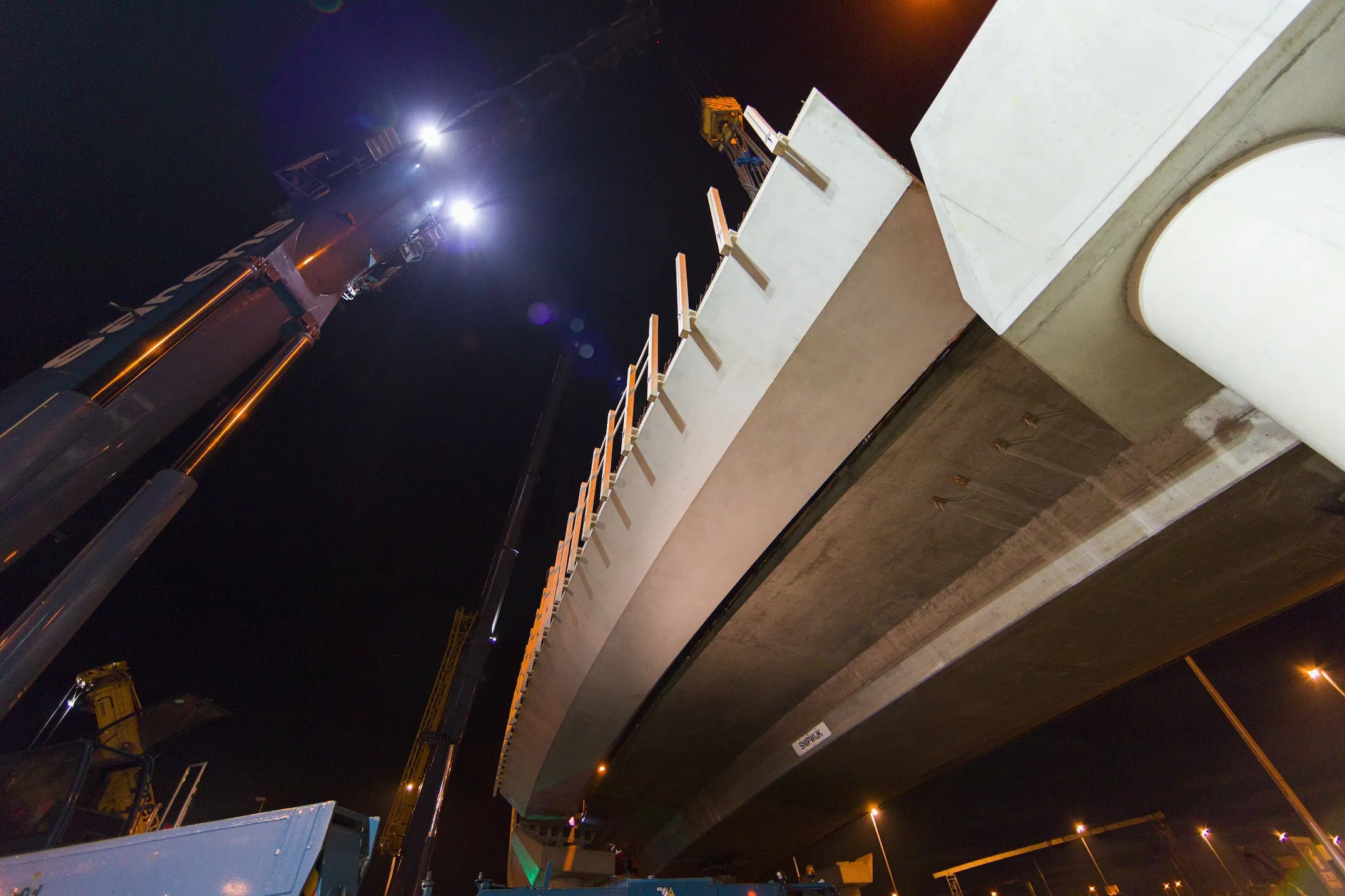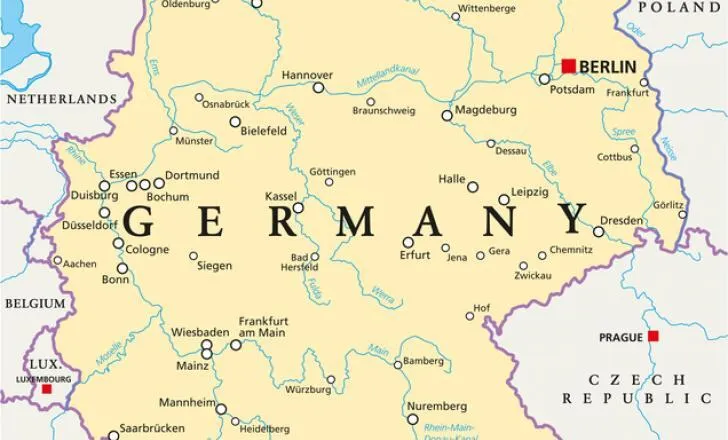
A consortium of
The public-private partnership deal covering nearly 65km is worth around €1 billion over the 30 years of the contract, according to infrastructure project management company DEGES.
DEGES awarded the contract to the Havellandautobahn consortium, consisting of Dutch construction company BAM, Dutch pension fund PGGM and Austrian construction company Habau. The design, build, finance, maintain and operate contract is an availability model in which operator compensation is linked to the availability of the route.
Work includes a 30km six-lane expansion of the A10 between the Havelland and Pankow triangles and a 30km-rehabilitation of the A24 between the Neuruppin and Kremmen junctions, creating four lanes and an extended hard shoulder.
Renovation will cover 51 bridges - 37 of them will be new-build. Assets to be built include noise protection walls, traffic sign bridges, traffic management installation, interchanges, rest areas and secondary and agricultural roads.
Construction will be carried out by BAM’s German civil engineering company
Equity partners for the project are BAM PPP PGGM Infrastructure Coöperatie (70%) and HABAU (30%). BAM PPP is an operating company of global construction and services group Royal BAM and operates in the five European countries - Netherlands, Belgium, UK, Ireland, Germany.
The A10-A24 deal is the first of 11 projects under the federal German government’s “new generation” of infrastructure public-private partnership projects launched in 2015.









